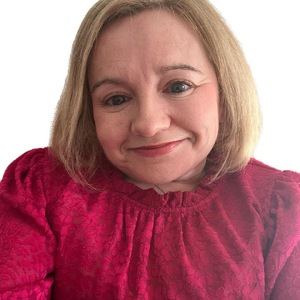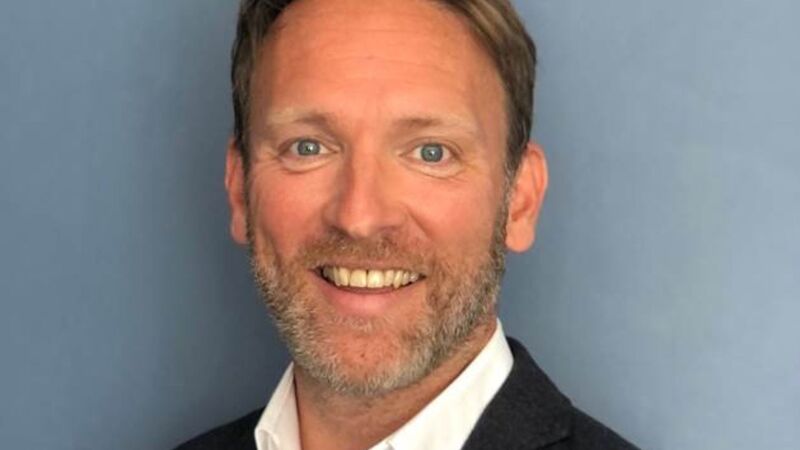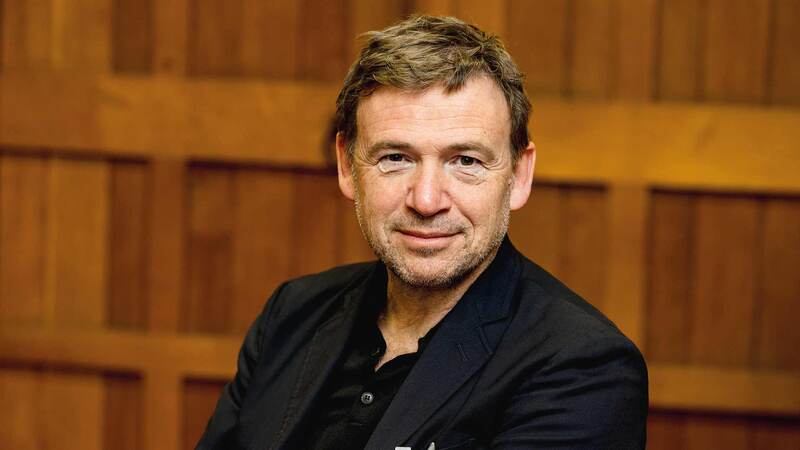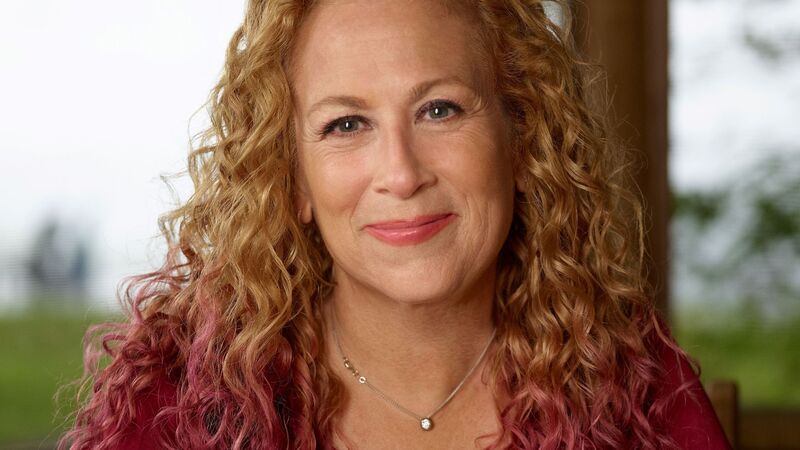You are viewing your 1 free article this month. Login to read more articles.
Staying sane on social
Social media is brilliant for authors but the pressure to keep creating can be intense.
Social media: boon to your career, millstone around your neck, or somewhere in between? These days, nearly all authors have social-media accounts, but managing them sucks up an author’s time. With worries about whether you’re doing enough, which social media platforms you should be on, feeling like you should be available 24/7 to post and comment, and the dreaded spectre of trolling, how can writers protect their mental health?
Katie Sadler, marketing consultant and founder of The Book Launch Club, who specialises in helping authors market themselves online, says that writers sharing their story on social media helps build connections and promote their work. Caitlin Gleeson, public relations and marketing executive at RedDoor Press, agrees and also stresses the benefits for readers too: "Social media lowers the fourth wall between authors and readers… it lowers the barriers of communication to allow anyone to participate in the consumption of literature."
Speaking personally, I find it thrilling when a reader gets in touch on Twitter to say they like my novels. I’ve built some great connections with readers, helping me understand what my audience wants. Yet I also find social media troublingly time-consuming, and I can slip from interacting with book Twitter to going down the rabbit hole of promoted links. When I asked authors (on social media, oh the irony) what they think, the feedback was mixed.
I, like every author, need to find the social-media balance that’s right for me, to ensure it’s a boon rather than a millstone
On the positive side, social media has benefitted authors’ careers. One person responded saying it’s great for book contacts: "I find it helpful to meet journalists who are interested in my story or others I’m promoting in the book." Another pointed out that social media helps them connect with their target readership: "My book is quite niche, so I think my understanding of social media has benefitted its journey into the world." A disabled author talked about the camaraderie found online: "I started Twitter for work purposes, but it has also become a support place for disability and illness." Another commentator has had an overwhelmingly positive experience with social media, saying: "I use Twitter to promote my work and for social reasons, and it makes me happy every day ... it’s absolutely a plus for my career."
Worries writers expressed about being on social media, however, included the pressure to be present all the time: "I find that social media impacts my mental health a lot. Without the need to promote, I’d have deleted everything a long time ago"; concern about online author-on-author bullying; and a crowded social-media market for authors — "a lot of us are trying to market on TikTok, which gets draining very quickly. I had to take a step back"; the difficulty of finding something new to say — "the big pressure is trying to find something that is interesting in an otherwise ordinary day"; and very concerningly, social media’s negative impact on mental health — "I’ve never been on social media until recently, and joined to promote my book. But frankly I’m horrified by it. I feel my mental health draining with every click. I think I’m about done. My book will have to sell it itself or I won’t be around to reap the rewards."
With all this in mind, what can authors do to make their time on social media a positive, beneficial experience? Philippa East, clinical psychologist and bestselling thriller author, has the following suggestions: be selective about who you follow; communicate in a professional rather than a personal capacity, creating a boundary between your work and private life; be very clear about your purpose for going online, seeing it as a task related to work rather than entertainment; don’t get involved in Twitter debates online (she says that social media makes discussion highly polarised, which means the outcome is rarely productive or pleasant); and have a strict cut-off time. East’s rule for maintaining a boundary between social media and normal life is to not look at social media after 7 p.m.
Sadler agrees that authors should be clear about why they are on social media in the first place and advises that if you’re on social media to sell books, "start tracking your numbers to determine if what you’re currently doing is worth the time and effort". She also recommends taking social media apps off your phone to remove the temptation to be always present. "You can access pretty much all of the main social platforms from your computer, and can post content too."
Gleeson advises authors to be careful with their privacy and not share anything online they wouldn’t be willing to talk about. "It’s a tough landscape to navigate sometimes, don’t feel like you have to comment on every current affair issue, it is perfectly fine and often preferable to say, ‘I’m not educated enough on this subject to give an informed opinion’.’’ She also encourages authors to "make sure they feel well enough mentally to engage with unfiltered public opinion" before doing Instagram and TikTok Q&As and Twitter polls. Don’t forget too, she says, that you can also make the choice to say no to social media. "I say to all our authors is that if it’s not for you then it’s not for you … if you’re only getting social media to help advertise your book then you’re not engaging in a way that feels authentic to a reader."
I, like every author, need to find the social media balance that’s right for me to ensure it’s a boon rather than a millstone. The reality is that social media is here to stay and many publishers expect their authors to be onboard. The last word goes to the writer who commented "I do use social media for marketing purposes. I guess only bestseller authors have a team they can afford or that the big publishers pay for."





















